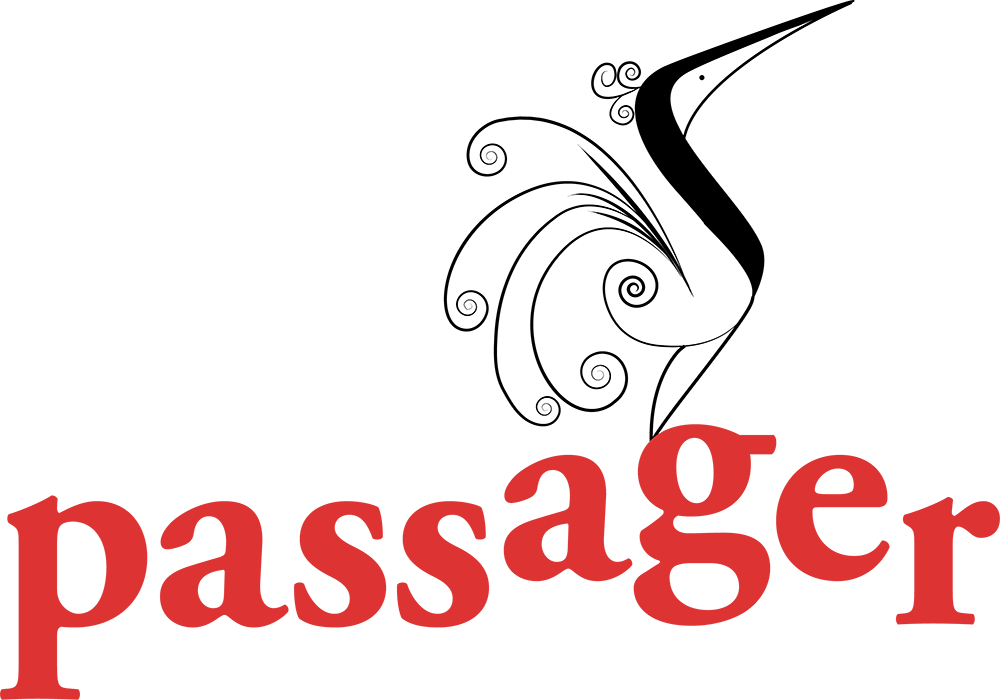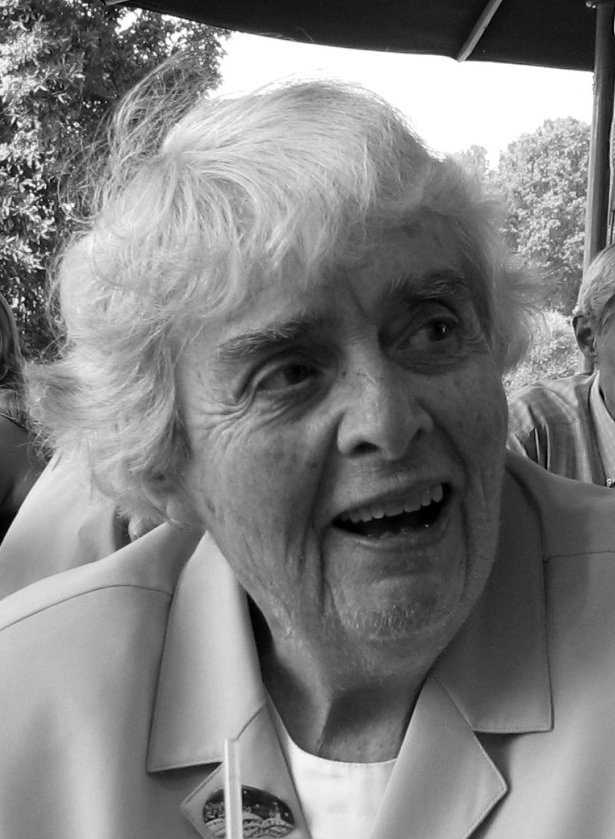Gaza










A long episode with offerings from Christine S. O’Connor, Shelley List, James McGrath, Ed Vojik, Rose M. Smith, Dori Hale, Jerome Gagnon, Katharyn Howd Machan, Maryhelen Snyder and Adrienne Unger.
16 minutes
TRANSCRIPT
The Middle East has never been a comfy place; there have always been tensions over land, resources, theology, and more. On this much longer than usual edition of Burning Bright, some pieces from Passager that aren’t specifically about this conflict but that represent aspects of the situation. Whose land is it? From Passager Issue 59, Christine S. O’Connor’s poem “Alien Fields.” It begins with an epigraph, a Hmong proverb:
Borrow their fields to graze our sheep.
Borrow their bowls to make our broth.
To till this land is not to make it my own
although the rake and the hoe belong to me
In each new furrow I picture distant paths
trod by my ancestors
My sheep graze on borrowed fields
When darkness comes, I gather my family
We make our supper in bowls
you have loaned us — bitter broth
My tears flow on crops soon to ripen,
so I will eat them and plant again
because I am a survivor in your land,
far from the graves of my forefathers
For me there is no returning. I see
your hills on the horizon. These fields
may belong to my children as never to me.
On the day my remains lie
beneath the straight furrows
they will have an ancestor in this land
Christine S. O’Connor’s poem “Alien Fields.”
Recently, after Hamas attacked Israel, the tensions over land, resources, and theology exploded into war. And it’s likely to get worse before it gets better.
From Passager Issue 62, “Birthday” by Shelley List.
Two trains on a collision course
for years,
Objects falling away,
Furniture on wheels,
Liquid floating out of glasses,
Children scattering like flies
off slapped meat,
Nothing where you left it –
Two trains chugging due
North due South
for decades,
Words skittering out of reach,
Allegiances shifting,
Vandals crashing through glass,
Incomprehensible slang for
unimagined vocations –
Two trains crashing at the end
of the world,
Steel wheels howling,
Night air burning,
Trunks flinging their contents
to the hill,
Age not where you left it,
Lives scooting out through keyholes
Shelley List’s poem “Birthday.”
Next, from Passager Issue 59, “You” by James McGrath.
You killed me before.
You bombed my wedding.
You killed me before.
You starved my children.
You killed me before.
You broke the doors of my home.
You killed me before
You violated our women,
my wife, my daughters.
You killed me before.
You dirtied the Holy Book.
You killed me before.
You stripped, made me naked,
my father, my sons, my brothers.
You killed me before.
You sneered, derided over Prophet.
You killed me before.
I killed 12 of you,
Hundreds of my fathers,
Thousands of my sons,
Millions of my brothers
Killed 12 of you.
You, you killed me before
and still I breathe.
I only wanted to be loved –
like you.
“You,” James McGrath.
Ed Vojik imagines children anticipating the end of the world. Here’s an excerpt from his essay about the Cuban Missile Crisis, “October 23, 1962” from Passager Issue 62.
That evening after dinner, the six o’clock news reported even more grim stories on the crisis, and later that night I lay in my bed, eyes wide open, not thinking of muscles, but of my older brother in the twin bed next to me, his arm hanging over the side in utter dream surrender, and of my parents, quietly wheezing from their bedroom.
All at once, I wished I had spoken kindly to a classmate who annoyed me that day, and wished I could have had time for one last confession – for that and a whole bunch of other sins. I wished I had done more to make my mother, the unhappiest person I knew, happier. And I wondered what I could have done to make my father, the sternest and most precise person I knew, like me more.
I wanted to thank my brother for the times he stood up for me against bullies, and the times he let me tag along with him and his friends when he really didn’t want to, but mostly for not taking advantage that he was the favored first born. I was sad not being able to grow up to be something I wanted to be, though I did not know yet what that something was.
Finally, I asked myself: shouldn’t I, too, just fall into blissful slumber like my family – an oblivious peace? But no, I knew I couldn’t. Till the last possible second I wanted to experience my life, even if it meant having to count all my regrets, even if it meant witnessing firsthand the absolute moment of Armageddon – inevitable now as the sun setting at dusk – which surely would come in immense flashes of blinding light and unimaginable heat and mushrooming clouds, if not this night, then the next or the next.
An excerpt from Ed Vojik’s essay “October 23, 1962.”
Rose M. Smith writes about women watching their children going off to war. From Passager Issue 65, “When a Country Steals Your Sons.” The epigraph says “Ida’s father, Eldridge, 1945.”
First you shake fists at God and sky
when Sam comes for your boys. Five times
you watch them board a bus, promise you
to write, one by one as days line up,
longer ‘til the harvest. Just so many times
you make the heartbreak stiff your backbone up,
take it like medicine, bitter as yellowroot,
like Solomon’s Seal when the absence rends
your bones, arms aching across desert and sea.
Some sons you don’t get back, your feet alone
left to walk this land they loved.
What you can see from here, acres north
and south of old Route 1, are me and mine,
what we have, what we give, our blood
and sweat on every one. Up this road
the house raised also by hard work,
our hands that troweled every mortar line,
the lingering songs of Glory
that carried us through long days,
strong sons’ hands at trough and plow
set alongside to help.
Fifteen times the waters broke, labor rent
new life from their mother’s cries.
Now even though alive, these sons
rise to the commands of men who rally
at the call of oil and not the calling of the land.
Now even daughters smell the scent
of lives not written on this soil.
“When a Country Steals Your Sons,” Rose M. Smith.
It’s bad enough when the victims of war are soldiers. In the current conflict, most of the casualties are civilians. From Passager Issue 63, Dori Hale’s poem “After Grief.”
She remains in place, a site
and keeps her body with him
unbroken in a swell of light.
He’s leaned away, though not in flight
hears a cadence meant for him
yet remains in place, a site
bold and burnished, hers despite
the keen constraint, the spell of rhythm.
Unbroken in a swell of light
our dead can sing to us, invite
a waning heart to shelter: an interim
that remains in place, a site
where porous love may dwell. What sleight
of hand unveiled this layered scrim
now unbroken in a swell of light
and let the soak of ties outright
claim her, hold him, allow them
to remain in place – a site
unbroken – in a swell of light?
“After Grief” by Dori Hale.
No one knows yet whether or not Hamas intended for their attack on Israel to snowball into a larger conflict. Jerome Gagnon’s poem “Uncertain Fire.”
I don’t think fire knows where it’s headed
when it jumps from limb to limb, house to house.
Yet, like a dog following a scent,
sometimes it seems to consider a spark
on an adjacent roof or branch before it leaps
and is off and running.
Towards what — home or prey?
It couldn’t be love, how could it?
Although, afterwards, in the televised stink
of devastation, someone may say the familiar words,
how grateful they were that they lived through it,
got out with just the clothes on their back
or a dazed bird in a cage,
the cat missing.
Or that they found something, weeks later,
in the debris where the old life stood —
a melted buckle and a piece of a photo, say,
that reminded them of fire’s power,
how everything alters or vanishes in its path.
And I think, even the wish, if only,
even the question, why?
Forgetting, until now, that fire also dies
before it appears as memory on the page,
as the purple climber, Clematis,
as missile-flare over a desert village.
Uncertain Fire,” Jerome Gagnon from Passager Issue 61.
Also from Passager Issue 61, “prayer sequence” by Katharyn Howd Machan.
Tie the first one to a blue balloon,
but don’t let go, don’t let it rise.
Like a plastic bag murdering a manatee
it could choke a bird.
Shape the second one after a tornado
has torn up all the thriving oaks
next to the teahouse a woman created.
Her black dog barked, saving her.
The third should be purple as spring dusk
on a road used by soldiers to walk to war.
Their socks have rotted. Their boots stink.
Their guns mean nothing anymore.
Pull the fourth from the mouth of a fish
like a coin spent on a Greek island.
It has touched so many travelers
its date is a poem lost in time.
Five: the last, your salvation. A girl
with a body like a painted drawer
will hand you a bone, a jeweled collar.
Bury one. Burn the other. Sing.
“prayer sequence,” Katharyn Howd Machan.
And also from Passager Issue 61, Maryhelen Snyder’s poem “the unbearable pleasure of living.”
A sprig of weed vine emerges as though overnight
from the trimmed crown of the hedge. At first glance,
it annoys like that white hair on my chin. At first thought, it demands clipping or pulling. At the Gardens yesterday,
I gazed through a glaze of tears at the blown up microscopic view of a sunflower seed. That is how beautiful we are. And winged. And ready to invade the world, head first. Let life make love to itself.
The sink is beginning to collect dishes. There are
two calls: to scrub them, yes, but first, to be astonished. To imagine a bowl, a cup, a spoon. To discover –
as though waiting for us – the cup of the empty shell,
the bowl of the concave stone, to fill it not only with
food or drink, but with words, with world, with ourselves.
“the unbearable pleasure of living,” Maryhelen Snyder.
We can only hope that at some point, the sands and the sun and the winds and the human brain and heart will blow away the tensions in the Middle East over land and resources and religion and history and allow people to live in peace. We’ll end this longer-than-usual episode with Adrienne Unger’s poem about the tearing down of the Berlin Wall, “the wall, 1989.”
We all knew
about those who had failed
to cross over,
names bantered from gossip,
jokes, into myth, legend. Infamy
was their permanent grave marker.
But tonight,
with these steel hammers cradled
on our shoulders
like centuries at rest,
we trusted
it was safe.
Still
every muscle in our limbs
twitched in the November air,
our lungs raked in our breath,
our eyes
staggered with fear, knowing
how the desperate
or foolish
had spent themselves thrown
upon this rampart –
we remember
the men and women who plunged
at this border,
the sum of their lives
shoved into pockets
and potato sacks.
With no goodbyes,
they crossed the line.
Tonight,
scant miles down the road,
a swarm has gathered
to take turns
at breaking down
this concrete bloc façade
in what has become
the broad midnight.
Here we stand
upon a vacant stretch
of a wall we know so well,
to look over at a world
we know so little,
and hope that we Easterners
can now say
we are just Berliners.
from Passager Issue 63, Adrienne Unger’s poem “the wall, 1989.”
To subscribe to or learn more about Passager and its commitment to writers over 50, go to passagerbooks.com. You can download Burning Bright from Spotify, Apple and Google Podcasts and various other podcast apps.
For Kendra, Mary, Christine, Rosanne, and the rest of the Passager staff, I’m Jon Shorr.



